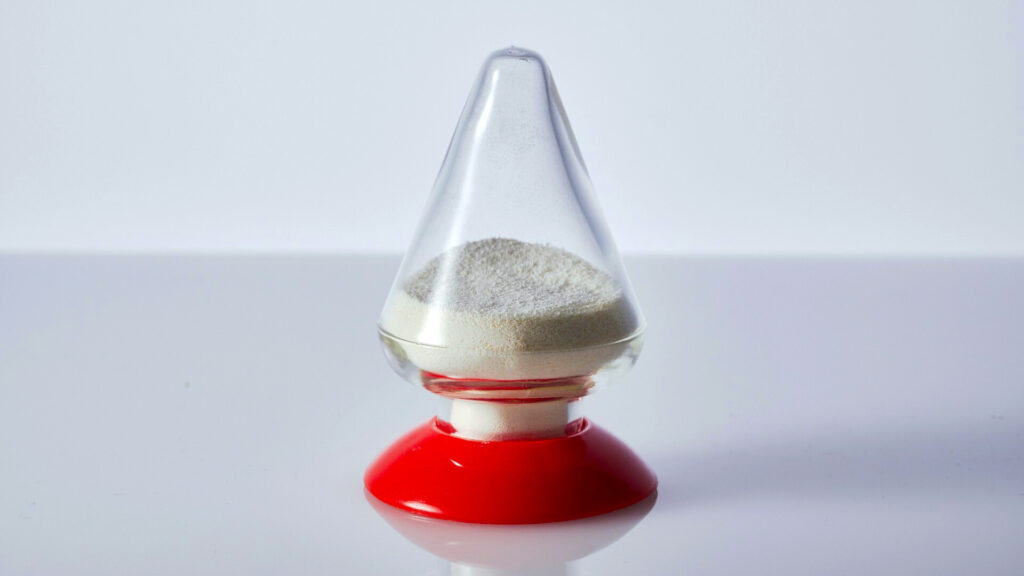Toyota has been working on solid state batteries since 2006 but mass-production is still some ways off
1 hour ago
 –>
–> 
–>
Toyota recently joined forces with Japanese oil producer Idemitsu Kosan to develop and produce solid-state batteries for future electric vehicles and while many had thought this could lead to the wide-scale adoption of solid-state cells, that probably won’t be the case. At least not initially.
The automakeris splitting its collaboration with Idemitsu Kosan into three phases. The first will see them improve the quality, cost, and lead times of sulfide solid electrolytes while the second phase will involve the construction of a large pilot facility to manufacture the new batteries. Toyota then expects to reach commercialization by 2027-2028 before commencing mass production.
However, this “mass production” will initially be quite limited. In fact, the Toyota Times has revealed that Toyota and Idemitsu Kosan will only look to boost capacity to several thousand tonnes per year, enough for “several tens of thousands of vehicles” for 2030 and beyond.
advertisement scroll to continue
It’s still early to know what vehicles Toyota will first build and sell with solid-state batteries, but given that capacity will be quite limited, it’s reasonable to assume they will be high-end, low-volume models.
Idemitsu has been conducting research and development on solid-state batteries since 2001 while Toyota has been doing the same since 2006. The company first joined forces to research the technologies in 2013 and in 2020, created their first prototype vehicle.
Read: Lexus LF-ZC Coming For The BMW i4 In 2026 With Prismatic Batteries
In the immediate future, Toyota’s future electric vehicles will use innovative new prismatic battery cells that are said to boost range and reduce weight. The Japanese marque is also going to adopt gigacasting in the production of its EVs and previewed this technology, as well as the prismatic cells, with the striking Lexus LF-ZC concept at the recent Japan Mobility Show in Tokyo.
 –>
–> 